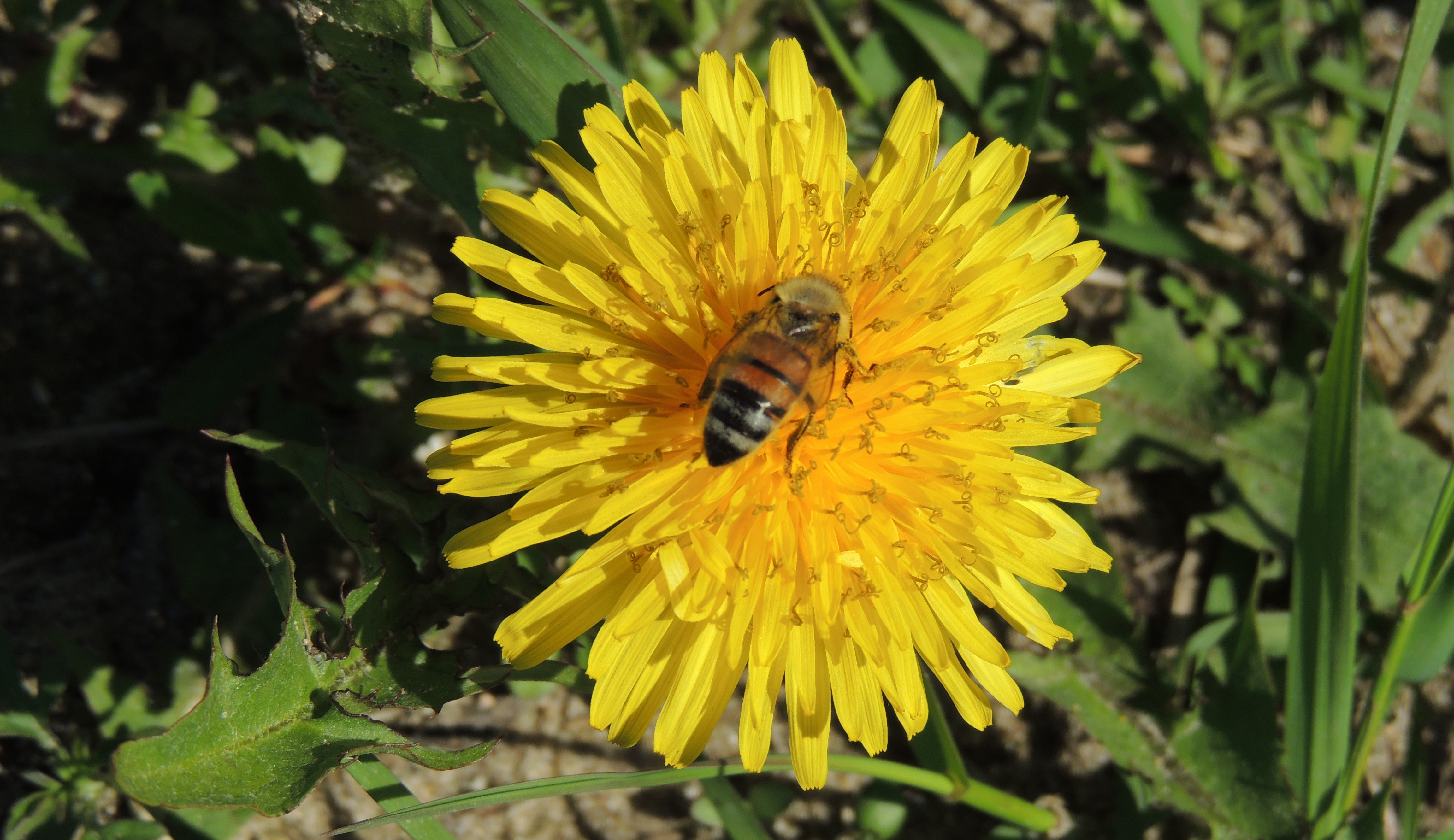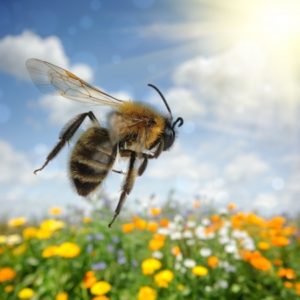Pollinator Week
June 20 – 26 is Pollinator Week! Pollinators positively affect all our lives, supporting wildlife, healthy watershed and more – let’s HELP and CELEBRATE them!

About 1/3 of our foods, some 100 key crops, rely on pollinators. That means 1 out of every 3 bites of food you eat was pollinated by a bee! Every year, $3 billion of the U.S. economy depends on bees. But bee collapse rates are alarming; according to beeinformed.org, 32% of managed colonies in the US were lost in 2020/2021. You can see how colony losses stacked up across the country here.

A major culprit in the decline of bees is a class of pesticides called neonicotinoids. Banned in Europe, the U.S. routinely uses neonicotinoids.
How do neonics affect bees? “Large amounts cause acute poisoning, but tiny amounts, too small for a chemist to measure, slowly attack the bees’ brains and immune systems. They get sick from germs that normally cause little harm. They forget how to find their way back to the beehive after they go looking for flowers. They cease defending the hive from mites, wasps and other parasites and predators. Eventually, the whole colony is lost. In previous decades, before neonicotinoids were everywhere, normal colony losses averaged about 10%; now beekeepers are now losing their colonies to chronic conditions at an alarming rate.” ~from Baltimore Sun
What you can do to help the bees:
- Help bees thrive: Plant bee-friendly flowers in your yard or garden
- Encourage your city or park district to use alternatives to neonicotinoids on plants that are bee-visited like maple trees, or bee-pollinated, like linden trees and roses
- When purchasing plants, ask to make sure they were not treated with neonicotinoids. Many nursery plants are pretreated with it, even bee-friendly plants!
- Ask your local and national retailers to stop selling garden products containing neonicotinoids.
- Don’t kill your dandelions! Bees feed on dandelions
- Stop using chemical pesticides in your yard and garden. You may be using neonicotinoids and harming bees and other insects. (See a list of what to avoid.)
- Call a beekeeper to remove an unwanted swarm
- Build a bee home: Make a bee box by drilling holes in a log or simply bundle up lengths of bamboo, to provide nesting sites for solitary bees.
- Support your local beekeepers and buy local honey. Oryana sells a variety of honey from local beekeepers.
- Visit The Xerxes Society, an organization working to protect pollinators